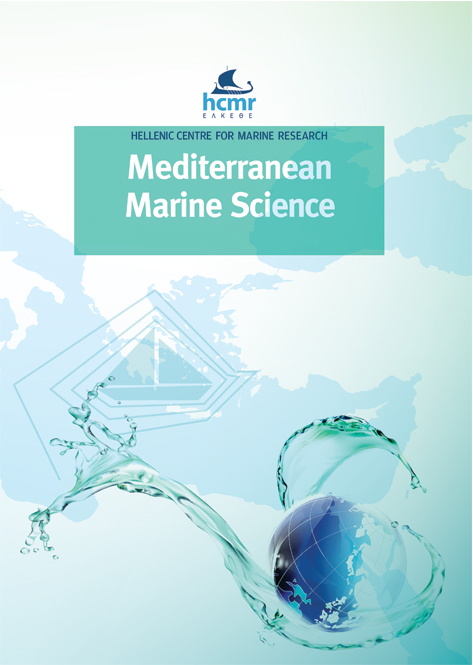From rarity to reality: the hidden abundance of critically endangered deep-sea little gulper shark (Centrophorus uyato) in the southern Adriatic Sea

Résumé
The little gulper shark, Centrophorus uyato (Rafinesque, 1810), is a critically endangered and poorly known deep-sea shark that is considered very rare in certain parts of the Mediterranean, particularly the Adriatic Sea. Between June and August 2023, a total of 47 individuals (25 females and 22 males) were documented 3 to 4.5 NM off Grama Bay in Vlorë, Albania, at depths ranging from 400 to 450 meters. All the recorded individuals were adults, measuring in average 90.53 cm total length and weighting 4.26 kg. Detailed examinations were performed on 10 individuals (5 males and 5 females), while the remaining specimens were retained by fishermen and subsequently sold for consumption. Local ecological knowledge revealed a consistent presence of the species in the longline catches in the studied area. The findings presented in the current manuscript indicate that the species may be more common in the southernmost Adriatic Sea than previously thought. Moreover, data herein support the postulation that the species prefer submarine canyons within the upper slopes.
Article Details
- Comment citer
-
GAJIĆ A. , A., & SULIKOWSKI A. , J. (2024). From rarity to reality: the hidden abundance of critically endangered deep-sea little gulper shark (Centrophorus uyato) in the southern Adriatic Sea. Mediterranean Marine Science, 25(3), 641–649. https://doi.org/10.12681/mms.37404
- Rubrique
- Short Communication
Authors who publish with this journal agree to the following terms:
- Authors retain copyright and grant the journal right of first publication with the work simultaneously licensed under a Creative Commons Attribution Non-Commercial License that allows others to share the work with an acknowledgement of the work's authorship and initial publication in this journal.
- Authors are able to enter into separate, additional contractual arrangements for the non-exclusive distribution of the journal's published version of the work (e.g. post it to an institutional repository or publish it in a book), with an acknowledgement of its initial publication in this journal.
- Authors are permitted and encouraged to post their work online (preferably in institutional repositories or on their website) prior to and during the submission process, as it can lead to productive exchanges, as well as earlier and greater citation of published work (See The Effect of Open Access).




